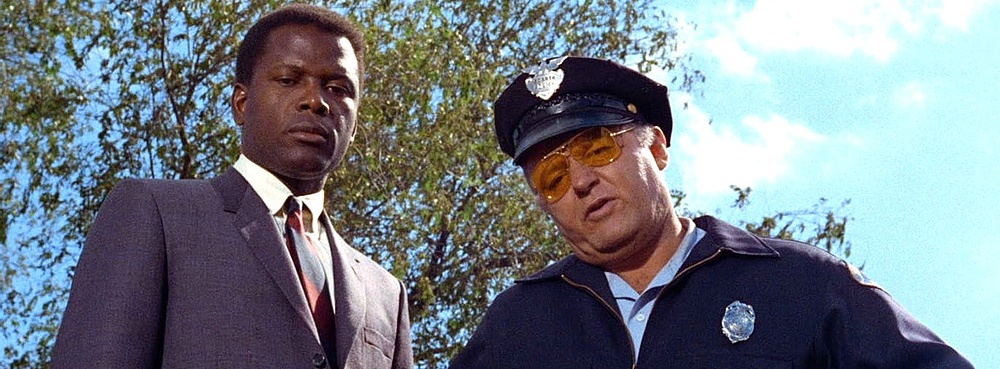In contemporary discussions about governance, the relationship between authority and individual rights often takes center stage, with significant implications for the fabric of society. Jon Stewart’s assertion that a free republic is self-sustaining and protected solely by the purity of democratic ideology raises critical questions about the real-world vulnerabilities of such systems.
Jon Stewart's notion of a free republic as a self-perpetuating entity, fueled solely by the purity of ideology and the voting process, overlooks the inherent vulnerabilities within any democratic system. While the ideals of democracy promote a framework for justice and accountability, history shows that elections can be compromised by corruption and power dynamics. The recent crackdown on speech in places like the UK serves as a stark reminder of what can occur when a populace is disarmed and left without the means to protect their rights. Such examples highlight the fragility of freedoms in the absence of checks on governmental power.
Stewart's portrayal of democracy suggests an almost magical protection for citizens against abuse, yet reality reveals a more complex picture. The potential for tyranny lurks within any government structure, including representative ones. As Thomas Jefferson wisely noted, the spirit of resistance is vital for preserving liberties; a government must remain aware of the people's capacity for rebellion. When a government monopolizes violence, the consent of the governed can easily become a mere facade, allowing elites to operate without accountability.
The Second Amendment plays a crucial role in ensuring that the threat of rebellion remains a viable check on governmental authority. Stewart's assertion that "guns only protect the speech of the people holding the guns" presents a contradiction when viewed through the lens of the broader context of rights. The Second Amendment exists precisely to safeguard the rights of all citizens, ensuring that their voices can be heard, and their freedoms protected from tyranny. It serves as a reminder that the preservation of liberty may require the means to resist oppression.
Stewart's vision of a society devoid of arms disregards the reality that criminal behavior and tyranny will persist unless actively confronted. The belief that crime can be mitigated solely through social measures ignores the nature of those who choose to exploit weaknesses in the system. Just as criminals do not relent when faced with leniency, tyrants will continue to encroach on freedoms unless there is a decisive resistance.
The presence of a well armed citizen militia serves a critical function in this equation. They are not merely armed groups but defenders of the constitutional rights of all Americans. The willingness of these individuals to stand for justice ensures that the spirit of liberty remains alive, fostering a society where both personal and collective rights can thrive. As the nation navigates its challenges, the dialogue surrounding authority and autonomy must recognize the importance of balance, understanding that the rights enshrined in the Constitution are meant to protect against both crime and tyranny.
Reference: The Daily Show Jon Stewart Tackles Trump's "Free Speech" https://youtu.be/YEjA4wOUl54?t=474

